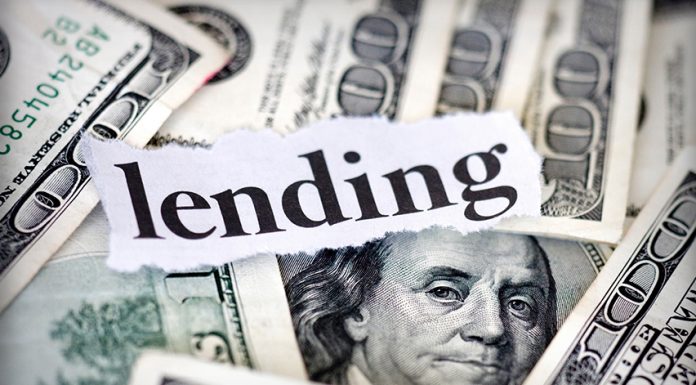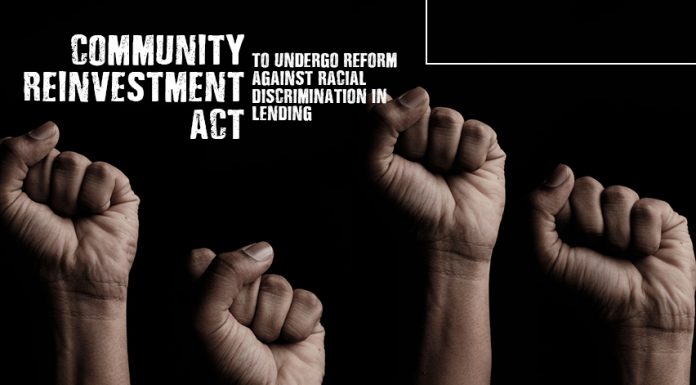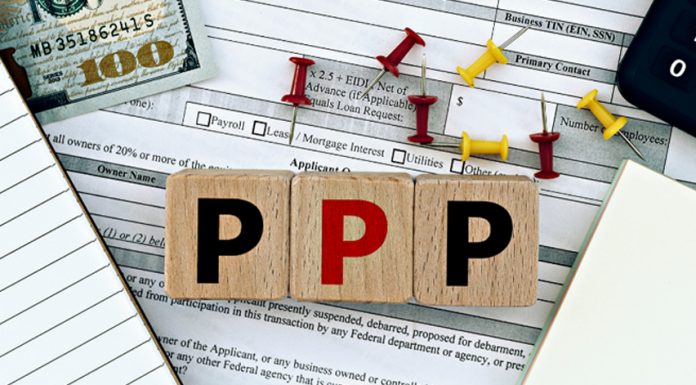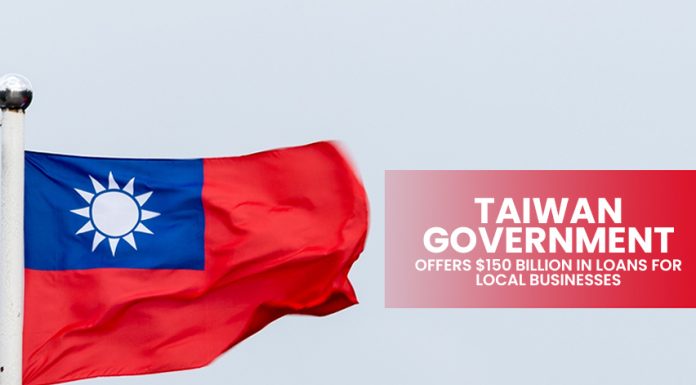The US Treasury said on Thursday, March 3, that it would invest $9 billion in minority and community lenders to help small businesses and consumers in low-income and underserved communities cope with the coronavirus pandemic.
The Emergency Capital Investment Program (ECIP) is part of a $900 billion COVID-19 aid bill implemented at the end of 2020. It offers capital to Community Development Financial Institutions (CDFIs) and minority depository institutions.
According to Treasury officials, these institutions range from small mortgage lenders to minority-owned banks, and other lenders. They can increase loans and grants to their communities while still extending forbearance to struggling clients.

CDFIs may be banks, venture capital firms, loan funds, community development companies, or credit unions with a mandate to support low and middle-income populations.
In a statement, U.S. Secretary of the Treasury Janet Yellen said the program aims at decreasing “financial services deserts” in low-income communities negatively impacted by the pandemic.
Yellen and her team created a new capital multiplier formula. Through this formula, the lenders will receive lower interest or dividend rates on Treasury capital that provides the most difficult loans in poor areas.
According to research conducted by the Federal Reserve Bank of Richmond, there were 1,076 certified CDFIs in the United States as of August 2019. The number of non-certified CDFIs is undisclosed. However, the majority of them are very few.
Based on the Richmond Fed poll, almost half of the CDFIs surveyed had less than $25 million in assets. While 5% only have less than $1 million in assets. On the other hand, just 6% have more than $500 million in assets.
The COVID-19 aid bill consisting of the $9 billion ECIP program, and the $3 billion CDFI and minority lender funding programs, may have a significant effect on community lenders.













